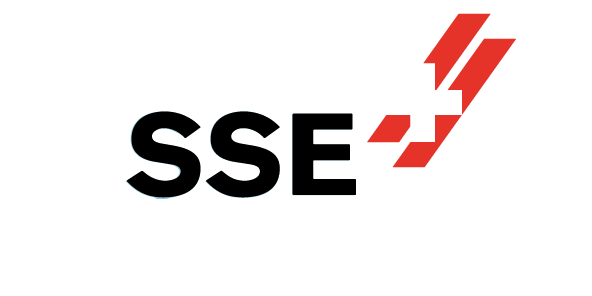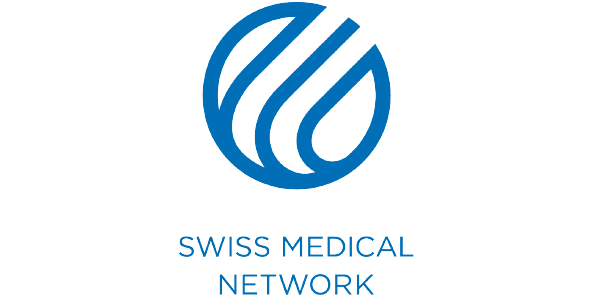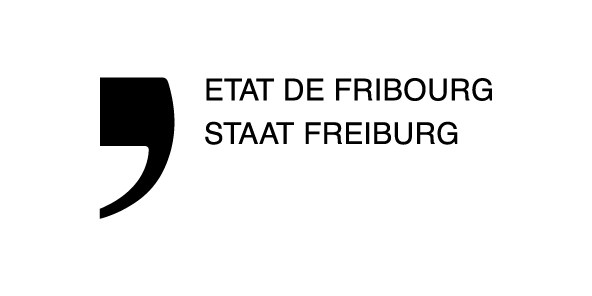Strengthening Transparency and Trust for Sustainable Growth,
Socfin
Context
Despite strong sustainability efforts, Socfin faced reputational challenges due to misconceptions about palm oil’s nutritional value and environmental impact, such as deforestation. Balancing large-scale operations with partnerships among smallholder farmers, Socfin worked to address misunderstandings from NGOs and the public. To build trust, the company highlighted the benefits of palm oil and its RSPO-certified practices. With over 200,000 hectares under management, Socfin aimed to communicate its commitments transparently—from farmer support to healthcare—while progressing toward 2030 sustainability goals.
Solution
NewElement partnered with Socfin’s sustainability team to establish a governance framework that blended top-down and bottom-up approaches for effective sustainability management. This framework enabled regular engagement with the Board, strengthened sustainability positioning, and fostered collaboration with strategic partners like GPSNR and RSPO to support zero-deforestation certifications. NewElement aligned Socfin’s 2030 sustainability strategy around key pillars, training local teams to develop factsheets, crisis kits, and communication plans while building a social media strategy to enhance transparency and trust.
Impact
NewElement’s communication framework delivered notable impacts for Socfin over their four-year collaboration:
1
Enhanced Transparency
Regular updates on sustainability efforts improved transparency and trust among NGOs, media, and clients.
2
Proactive Crisis Management
A structured strategy, Q&A documents, and social media engagement helped Socfin manage reputational risks effectively.
3
Improved Perception
Active engagement through reports, position papers, and social media boosted Socfin’s image among NGOs and clients.
4
Increased Credibility
NewElement’s support in setting clear 2030 targets and building partnerships strengthened Socfin’s credibility as a sustainability leader in palm oil and rubber.





